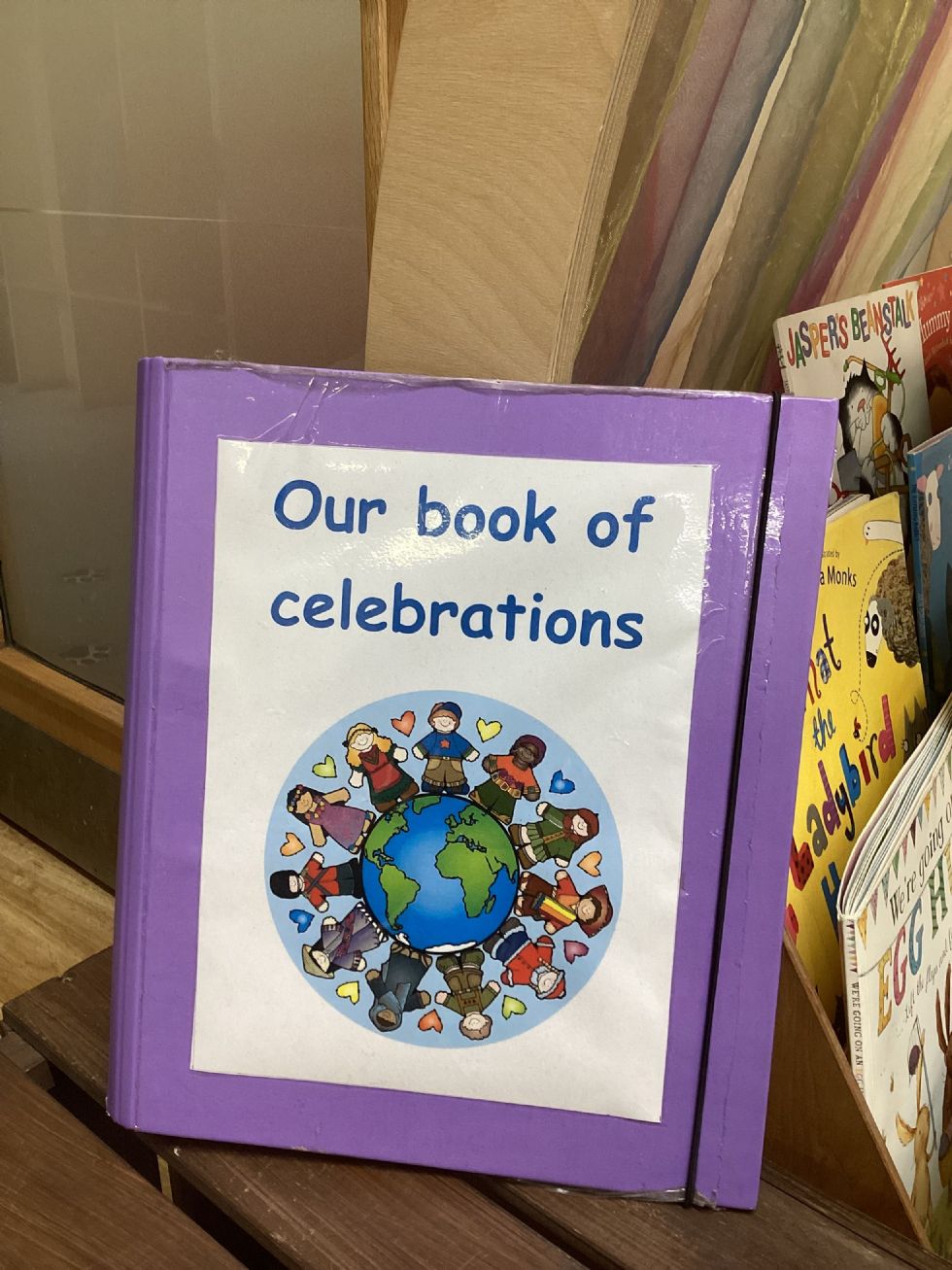
Religion and World Views at Orleans Primary School
Religion and World Views enables children to investigate and reflect on some of the most fundamental questions asked by people. At Orleans Primary School we develop the children’s knowledge and understanding of the major world faiths and cultures. We enable children to develop a sound knowledge not only of Christianity but also of other world religions, especially those that are the main faiths of children and staff within our school. Children reflect on what it means to have a faith and to develop their own spiritual knowledge and understanding. We help the children learn from religions as well as about religions. We also ensure that the children link their learning to the relevant articles of the UNCRC.
Implementation
Religious Education is a non-core subject within the National Curriculum (2014), but must be taught and included in the curriculum for all registered children in school. All children are given the opportunity to cover the RE Curriculum relevant to their Key Stage and year group.
At Orleans, we follow the local authority’s Agreed Syllabus for RE – created by the Richmond SACRE (Standing Advisory Council for RE).
RE is taught in discrete units, allowing children to achieve a greater depth of understanding of Religion and the world around them.
We believe our RE lessons should not only develop children’s understanding of main world religions, but also those that reflect our local community. Christianity and Islam are therefore studied in greater depth than any other religion. The Richmond Agreed Syllabus also states that schools in Richmond upon Thames ‘should ensure that more material is drawn from Christianity within each Key Stage than from other single religions or belief systems’. Therefore, every year group learns about the Christian faith during the season of Advent and in preparation for Christmas.
Orleans Primary bases our teaching and learning style on the key principle that good teaching in RE allows children both to learn about religious traditions and to reflect on what the religious ideas and concepts mean to them and others around them. Our teaching enables children to extend their own values, which promotes their learning and development. We encourage children to think about their own views and values in relation to the themes and topics studied in our RE curriculum. Pupils are encouraged to question and discuss ideas.
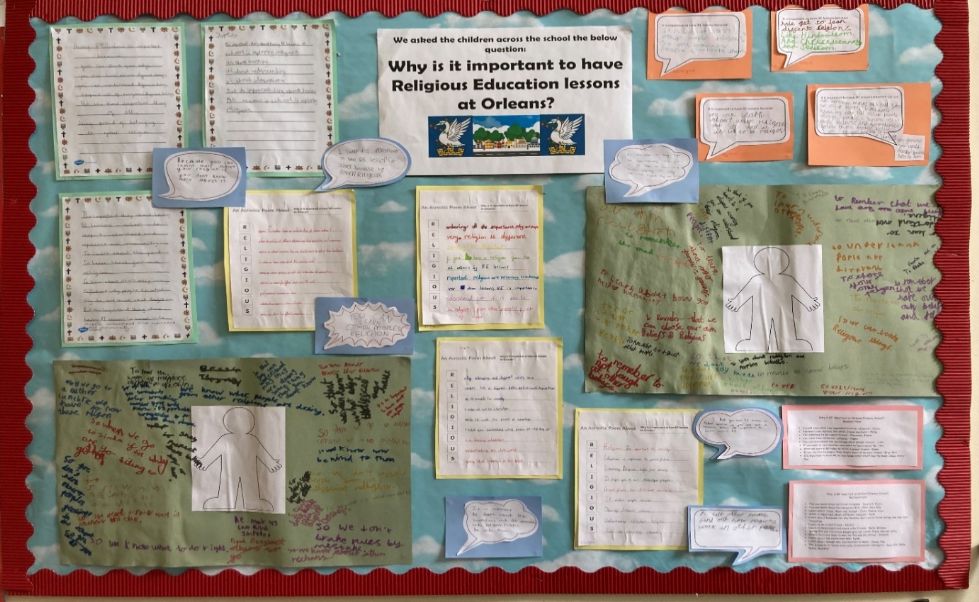
Learning across Key Stages
All religions will be taught to give pupils a balanced RE education so that they can:
- Acquire knowledge and understanding of religious beliefs and insights
- Understand that different people have different beliefs and become tolerant citizens
- Understand some of the language, concepts, symbols and expressions of faith they are studying through artefacts and hands-on activities
- Be encouraged to experience, through feelings and emotions and to think about the natural world and their place within it
In the foundation stage, it is essentially the same as that in other stages of a child’s education, namely, ‘to learn about and learn from religious and spiritual insights, beliefs and practices.’ We follow the Development Matters guidance to aid planning and support children to explore the world of religion in terms, for example, of special people, books, times, places and objects. RE in the Early Years Foundation Stage is not a stand-alone subject but is an essential part of provision in order for children to achieve expected levels at the end of Foundation Stage, particularly in the People and Communities strand of Understanding the World.
In Key Stage 1 and 2 we plan our RE curriculum in accordance with the London Borough of Richmond’s Agreed Syllabus. We offer opportunities for children of all abilities to develop their skills and knowledge in each unit, and we ensure that the planned progression built into the scheme of work offers the children an increasing challenge as they move through the school. Children are challenged by teachers asking key questions by probing their explanations and encouraging mastery of the subject through discussion and talk.
Early Years Foundation Stage
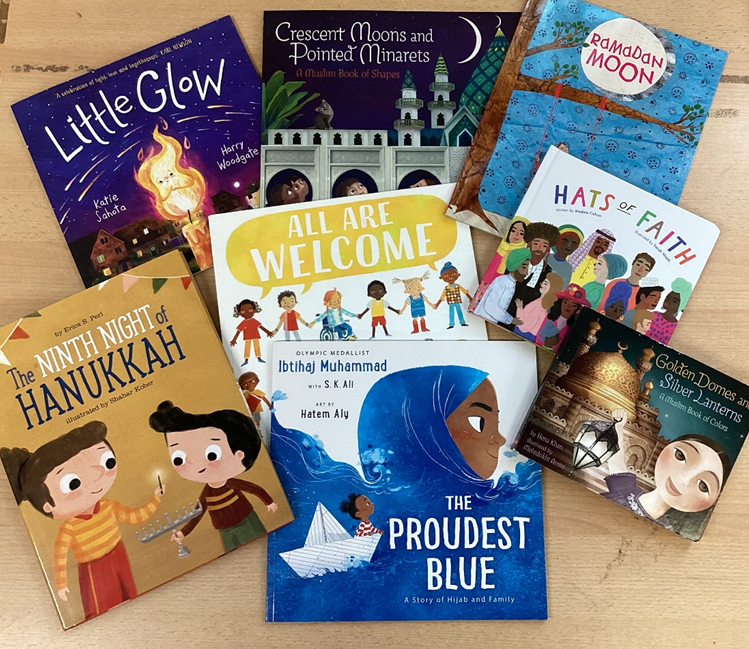
Year 1 and 2
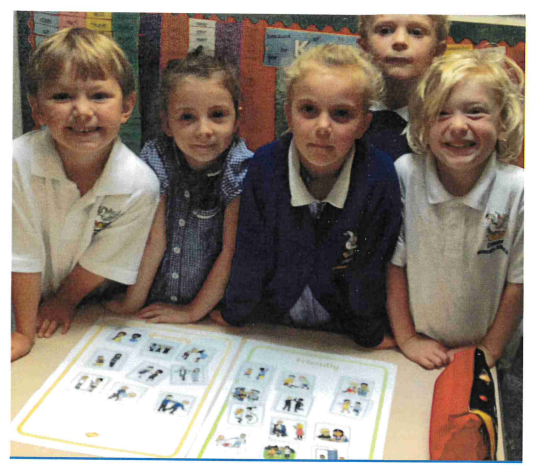
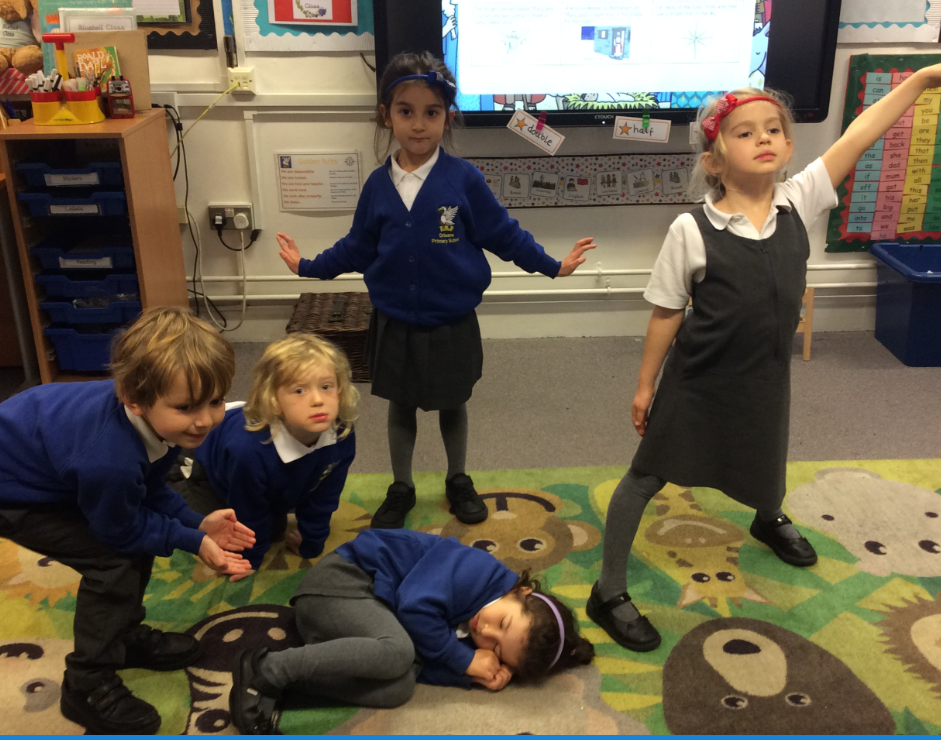
Year 3 and 4
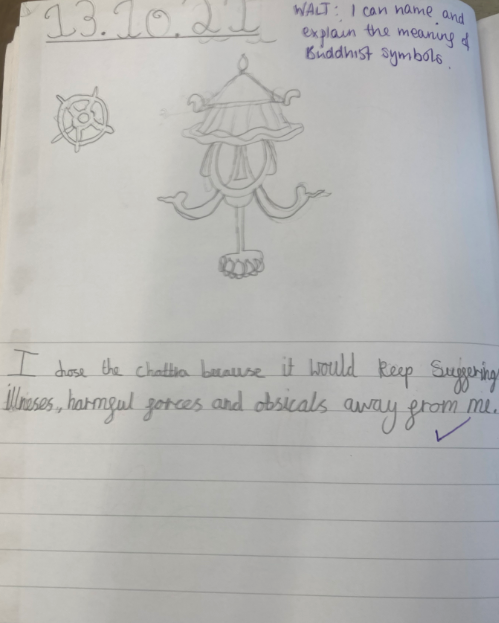
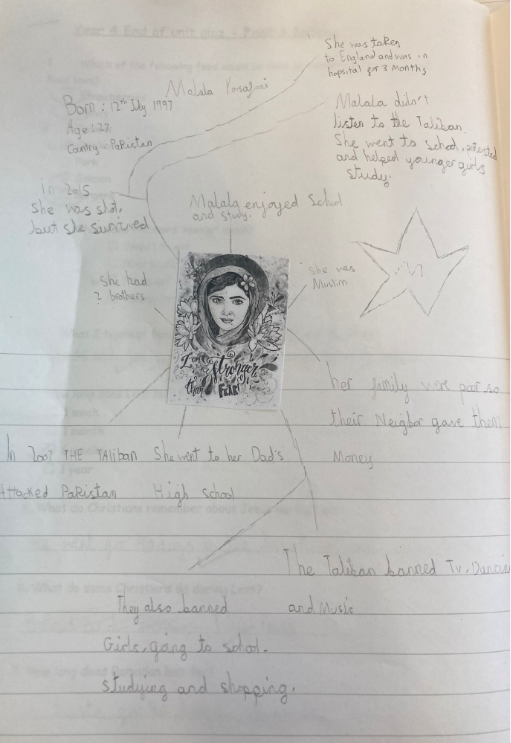
Year 5 and 6
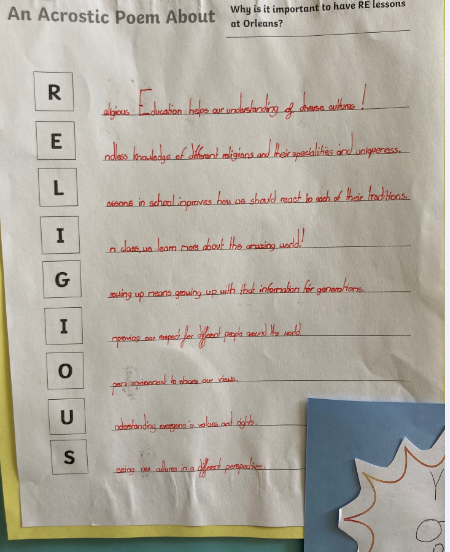
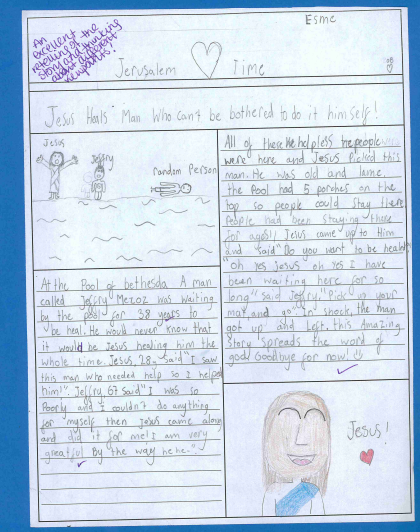
Impact of the RE curriculum at Orleans
Children are encouraged to work to their full potential and develop the following skills:
- Children will leave Orleans Primary School having an empathy and understanding of people’s views and faiths alongside understanding that everyone has a right to their own opinions.
- Pupils will have knowledge, which enables them to question, and think critically about the world around them.
- Children will explore a wide range of philosophical topics in a safe environment and will be encouraged to discuss and debate their ideas with peers.
- Pupils will be able to confidently recall key RE knowledge and be able to apply their knowledge and skills across the curriculum.

